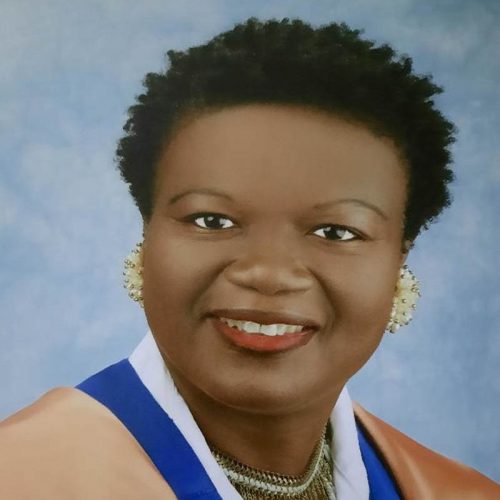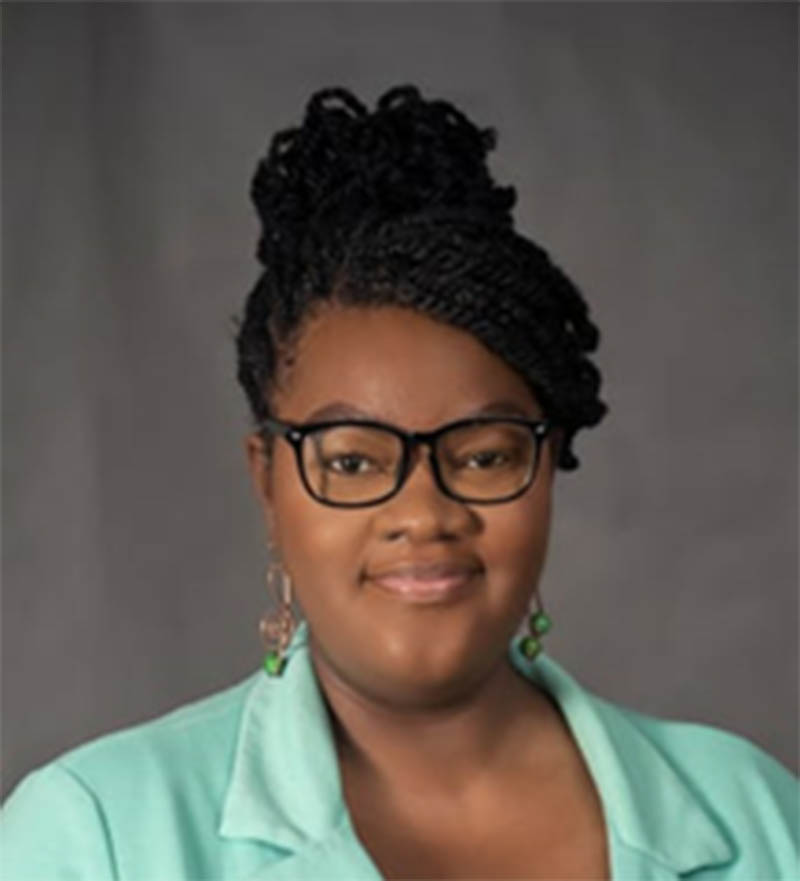The University of Guyana (UG) has launched a new course aimed at raising awareness about gender-based violence (GBV) and fostering resilience.
Classes will commence at 10:00 hrs this morning for the “Resilience Against and Disruption of Gender-Based Violence” course, which is free of cost and is being offered as an elective to all current students of the university.
It will be facilitated virtually over a 13-week period.

The introduction of the course is a collaborative effort between the university’s Institute for Human Resilience, Strategic Security and the Future, with support from the EU-UN Spotlight Initiative.
Delivering opening remarks at the launch of the course yesterday morning, UG Vice Chancellor Professor Paloma Mohamed Martin lauded the initiative and said that it is timely, given the prevalence of gender-based violence in Guyana.
The course is an introductory one that seeks to raise awareness about GBV, with a focus on its causes and consequences and methods of intervention and social change towards human resilience.
At the simple virtual launch, Professor Mohamed-Martin, who described GBV as an “epidemic,” strongly emphasized that it is not to be tolerated, and said the university realizes, “we have to do something about it.”
She said it was against this background that the university, in collaboration with its EU partners through the Spotlight initiative, crafted the special course. She reported that 69 students had already registered, with thousands more signalling their interest.
Professor Mohamed went on to note that while the course is currently being offered to UG students only, steps will be taken in the coming months to make it available to the general public, also free of cost.
Echoing the sentiments of Dr. Mohamed-Martin that “gender-based violence is not acceptable and should not be tolerated ever,” European Union Ambassador to Guyana, Rene van Nes in his remarks said that the EU was pleased to support the initiative.
The Ambassador said that the EU remains committed to such and other initiatives and will continue to invest hundreds of millions as it has already done.
Meanwhile, Minister of Human Services and Social Security, Dr. Vindhya Persaud said that her ministry was pleased to have been part of the collaboration in having the university offer a course which can respond to GBV.
Underscoring that it is free, Dr. Persaud said that this means it is also accessible, and expressed the hope that once open to the general public, persons will grasp the opportunity by signing-up for it.
On this point, she pitched the idea of all Social Workers being required to take the course.
Providing an overview of the course, Leann Kendall, one of the lecturers by whom it will be taught, said that participants will be examining several approaches to confronting GBV, and will also be exposed to global, regional and national perspectives on the issue.
She said that particular emphasis will be placed on the examination of how gendered power relations, gender roles and norms are associated with GBV; and the ways socio-economic, cultural and religious factors impact the causes and consequences of GBV.
She shared that the course adopts a feminist approach to teaching and learning, where the classroom will be viewed as a space for knowledge-building and open sharing and interactions between students and lecturers.
Kendall said that among the learning objectives is to introduce students to the causes and consequences of GBV and challenge them to actively engage in the development of a solutions-oriented framework towards social change.
The lecturer added, too, that students will be exposed to gender-sensitive approaches and methods of confronting GBV.
Apart from Kendall, the course is also being taught by Debbie Hopkinson.
For more information on the course, persons are asked to email either of the two lecturers at leann.kendall@uog.edu.gy or debbie.hopkinson@uog.edu.gy.





